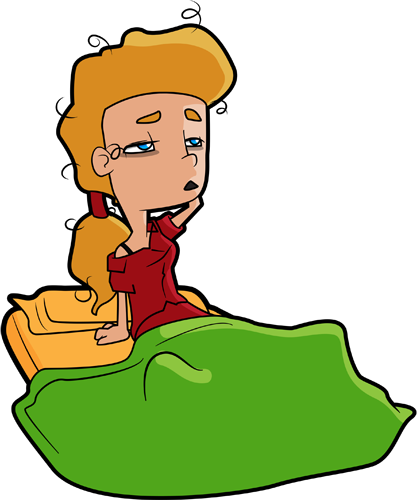Health | Stimulants Impair Sleep, working memory in healthy young adults

Mental Health Matters | Healthy college students and other young adults who take prescription stimulants simply for a brain boost may be doing themselves a disservice….
…..according to a new study that found non- prescribed stimulants barely improved short-term focus and markedly worsened working memory and sleep.
prescribed stimulants barely improved short-term focus and markedly worsened working memory and sleep.
“People who are taking these drugs to perform better in school or at work may feel as though they are doing better, but our data don’t support this feeling,” said study coauthor Sara Mednick, PhD, associate professor of cognitive sciences at the University of California, Irvine.
The double-blind study, published in the journal Behavioral Brain Research, included 43 adults, age 18 through 35, who completed attention and memory tests at baseline. Later, they repeated the tests 3 times throughout a 24-hour period after receiving a morning 20-mg dose of the psychostimulant dextroamphetamine and, another day, after receiving a placebo pill.
With dextroamphetamine, participants performed about 4% better on the attentional task 75 minutes after ingestion, compared with placebo and baseline. However, attentional focus deteriorated throughout the day, and any initial small gain disappeared when participants repeated the task 12 and 24 hours later, according to the study.
Meanwhile, working memory was unaffected by dextroamphetamine at 75 minutes and 12 hours after ingestion. What’s more, at 24 hours, participants who took dextroamphetamine performed much worse on the working memory test compared with those who took placebo.
 In addition, overnight electroencephalography and polysomnography showed significant drops in sleep time and sleep quality with dextroamphetamine, researchers reported.
In addition, overnight electroencephalography and polysomnography showed significant drops in sleep time and sleep quality with dextroamphetamine, researchers reported.
“Our research suggests that the purported enhancement to executive function from psycho-stimulants in healthy populations may be somewhat exaggerated, as we found only minor daytime improvement in attention and no benefit to working memory,” Dr. Mednick said. “In addition, we noted a large impairment to nighttime sleep, even though the medication was administered in the morning.”
“Healthy individuals who use psycho-stimulants for cognitive enhancement may incur unintended costs to cognitive processes that depend on good sleep,” added lead author Lauren Whitehurst, PhD, a postdoctoral fellow at the University of California, San Francisco.
Source:


